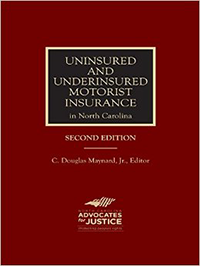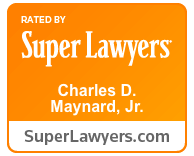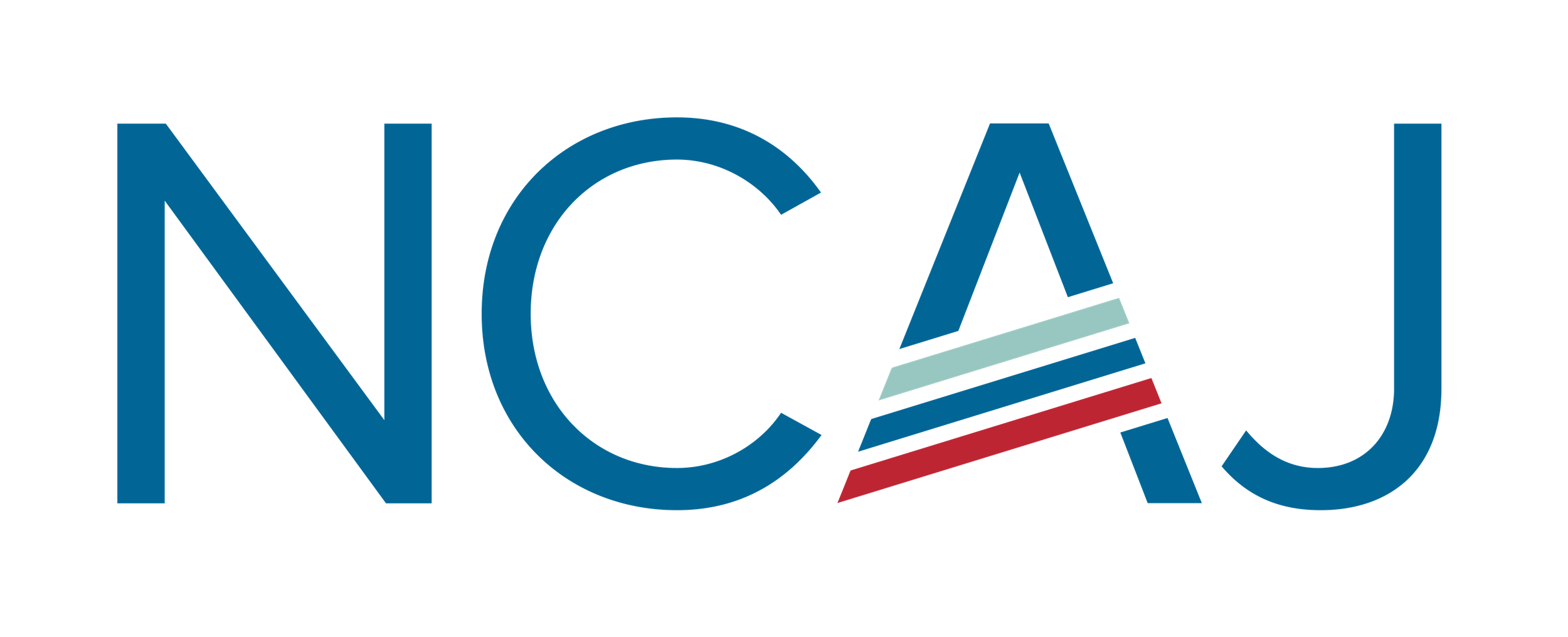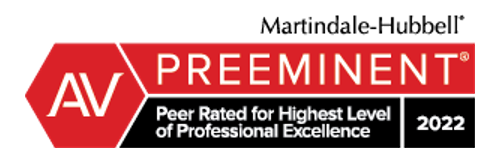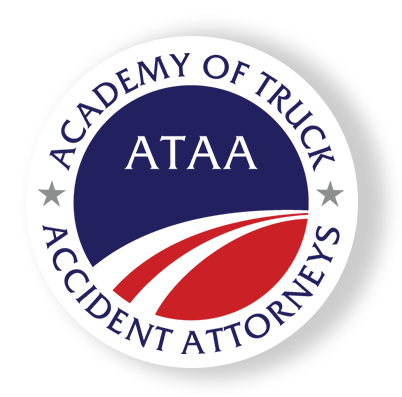
A Legislative Update from Maynard Law
North Carolina’s General Assembly has passed two critical updates—S.L. 2023-133 (Senate Bill 452) and S.L. 2024-29 (Senate Bill 319)—that will reshape how auto insurance works in this state. These changes go into effect for all auto policies issued or renewed on or after July 1, 2025, and they bring new obligations, new rights, and new exposures to insurers, claimants, and policyholders alike.
At Maynard Law, we keep our clients informed and ready. Here’s what matters most—and why it’s worth paying attention to now.
1. Liability Minimums are Rising for the First Time in 25 Years
North Carolina will raise the required minimum auto liability coverage to:
- Bodily Injury: $50,000 per person / $100,000 per accident
- Property Damage: $50,000 per accident
This update is long overdue. Medical costs have climbed more than 120% since 2000. These increases bring required coverage closer to real-world costs—and increase potential recovery for injured claimants.
2. Underinsured Motorist (UIM) Coverage Becomes Mandatory
UIM coverage will now be required on most policies, including those issued at the new minimum limits. This closes a longstanding gap in financial protection for people harmed by underinsured drivers.
What this means: If you’re seriously injured in a crash and the at-fault driver doesn’t have enough coverage, UIM can help bridge the gap. We’re prepared to fight for you to ensure that gap is filled fairly and fully.
3. New, Claimant-Friendly Definition of “Underinsured”
Previously, a vehicle was only “underinsured” if the at-fault party’s BI limit(s) was lower than your own UIM limit(s). That calculation often blocked recovery. Under the new law, the definition shifts to a comparison between the at-fault driver’s BI limit(s) and your total damages.
This change aligns the law with common-sense expectations—and opens the door to broader UIM access.
4. UIM Now Works as True Excess Coverage
Historically, UIM coverage was reduced by the amount paid under the at-fault driver’s liability policy. Not anymore.
The updated statute now states that UIM coverage “shall not be reduced by a setoff against any coverage, including liability insurance,” except for Workers’ Compensation benefits under G.S. § 20-279.21(e).
In plain terms: You get access to your full UIM coverage on top of what the other party’s insurer pays. No offsets. No surprises.
5. Stacking Rights Remain—and are Reaffirmed
North Carolina continues to allow injured people to stack UIM coverage across multiple policies. The new law reaffirms that inter-policy stacking is valid and clarifies that UIM recovery is not reduced by prior payments from the at-fault party’s insurer.
6. No More Offsets for Medical Payments Coverage (MPC)
While MPC isn’t named directly in the legislation, the law’s reference to “any coverage” effectively overrules Kessler v. Shimp, 181 N.C. App. 753 (2007). That means insurers can no longer reduce UIM payouts by what they’ve already paid under MPC.
It’s another win for claimants—protecting their full right to recovery without artificial reductions.
7. Liability Exhaustion Now Includes “Tender”
Under the updated law, liability coverage is considered exhausted when it’s paid or tendered. This clarifies the statute and is consistent with how the North Carolina Court of Appeals interpreted it. The change makes it clear the money does not have to be paid, only tendered to trigger UIM coverage. This provides a clearer path for triggering UIM and moving cases forward efficiently.
What This Means for You
These changes create expanded coverage, fewer offsets, and stronger recovery rights for injured people. They also create new exposure risks for insurers and tortfeasors.
At Maynard Law, we’re known for leading—not reacting. We’ve already mapped out the implications of these statutes and how to strategically position our clients under the new framework. Whether you’re reviewing your personal risk, assessing a claim, or preparing for litigation—we’re ready to fight for you with clarity, conviction, and proven legal insight.
2025 North Carolina Auto Insurance Law Changes
Get a clear, printable version of this summary for your internal team or clients. Including
- legal references,
- recovery implications, and
- next steps
NC Auto Insurance Law Changes — 2025 Summary
Ready to Talk Strategy?
Doug Maynard has spent decades advocating for injured people and shaping legal arguments that stand up in any courtroom. If you have been in an accident, make sure you’re in good hands with a legal team and a personal injury lawyer who’s committed to increasing your odds of receiving full and fair compensation.
If you need to understand how these changes affect your case—or how to prepare for what’s next—get in touch today and let’s talk about how we can fight for you.
DISCLAIMER: The information is provided for informational purposes only and should not be construed as legal advice on any subject matter. No attorney / client relationship is created. No recipients of content from this site should act on the basis of any content included in it without seeking the appropriate legal or other professional advice on the particular facts, issues and circumstances from an attorney licensed in North Carolina.
If You Need Help, We're Just a Message Away
Call (336) 777-1411 or fill out the form below
